Okinawa, a legacy and inheritance of the Ryukyu Kingdom, characterizes a distinctive, rich and colorful culture that is very different from mainland Japan. Okinawa is not only noteworthy for its delicious food and natural landscape. Undoubtedly, the true heroic and beautiful Okinawan spirit lies within the traditional songs accompanied by the sanshin (a traditional Okinawan string instrument). And the dynamic and powerful eisa and teodori dances.
What are Eisa and Teodori Dances?
The origins of eisa are linked to the practices of ‘ninbuchaa‘, which in Okinawan dialect means ‘monks’. During the introduction of the Jodo-Shinshu sect of Buddhism to the Ryukyu Kingdom, monks would dance at funerals and Buddhist ceremonies while reciting the name of the Buddha for spiritual benefit. This process of recitation is also known as chanting ‘nenbutsu’.
In the 1800’s, young men applied the same dancing style from the ninbuchaa practice, to classical Okinawan music. These traditional Okinawan songs are also known as minyo, and their fusion with the buddhist dance prompted the beginnings of today’s modern eisa and teodori dances.
It was only after World War II that the Okinawan people further developed the traditional eisa dance into the distinguished styles we see today. The numerous youth associations created their own brands of eisa with colorful costumes and flamboyant dancing. They also started adding more songs to accompany their dances, which led to the start of teodori – a dance of hands usually performed by women – and playing taiko (Japanese drums).
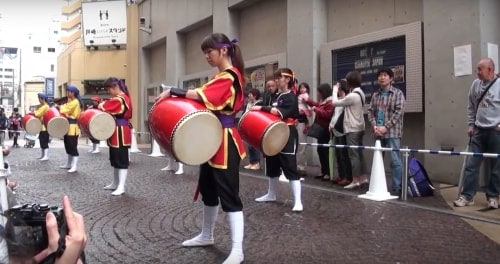
What Does Eisa Dance Look Like Today?
Nowadays, eisa is usually performed by 20-30 men and women in doubled lines or circles. They all create a unique choreography. They sing together. They play sanshin together. And there are three different types of taiko! In addition to the taiko and sanshin, some of the dancers might also play small hand gongs and yotsutake castanets. What is most fascinating, is how each young group portraits gorgeous costumes according to the local tradition and gender of the dancers.
When and Where You Can See Eisa Festival in Okinawa
You can find this traditional Okinawan dance performed at various festivals in Okinawa. The most notable festivals are the Bon Festival and the All-Okinawa Festival.
- Bon Festival: This festival gives honors to the spirits of ancestors.
- All-Okinawa Festival: A festival which is renowned for its grand scale and showy performances.
For those who love folk dances and embracing themselves in the carnival atmosphere the All-Okinawa Festival can’t be missed. Young Eisa groups from all over the island come to Naha and dance in a vibrant and vivid parade. The festival draws some 200,000 visitors each year.
You can find out more about the festivals here.
[cft format=0]
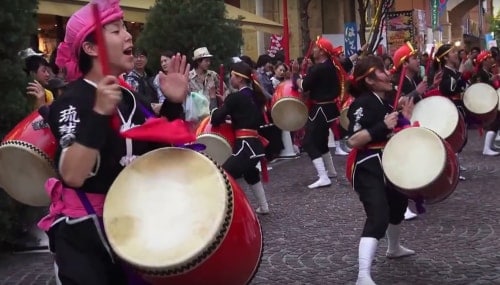
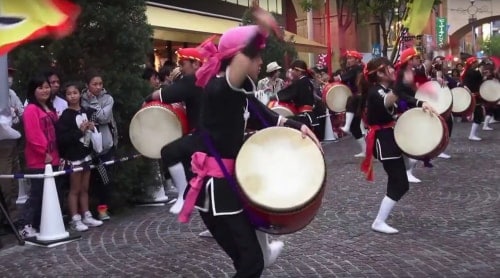
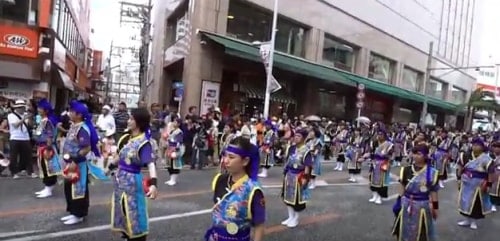
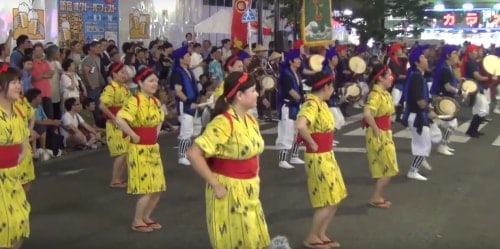
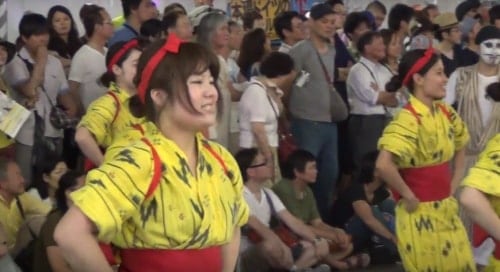
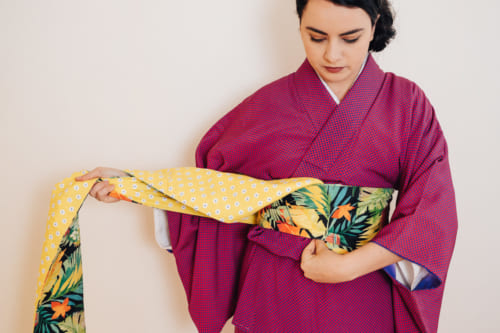
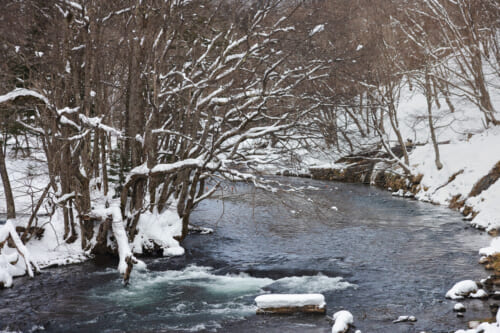
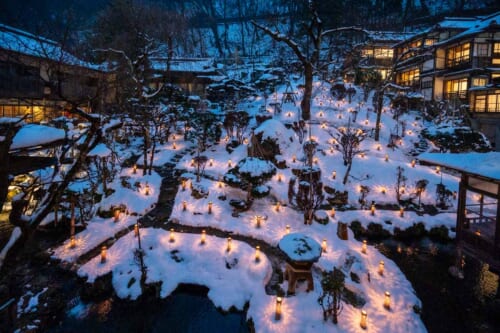

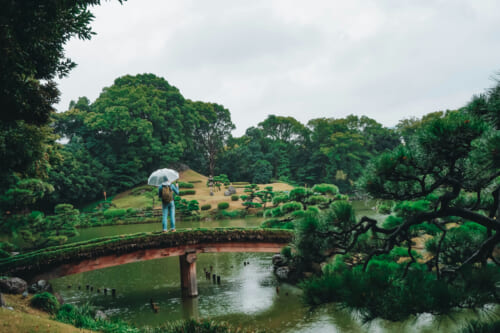
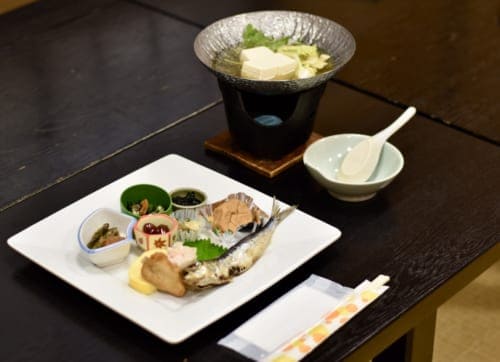


No Comments yet!